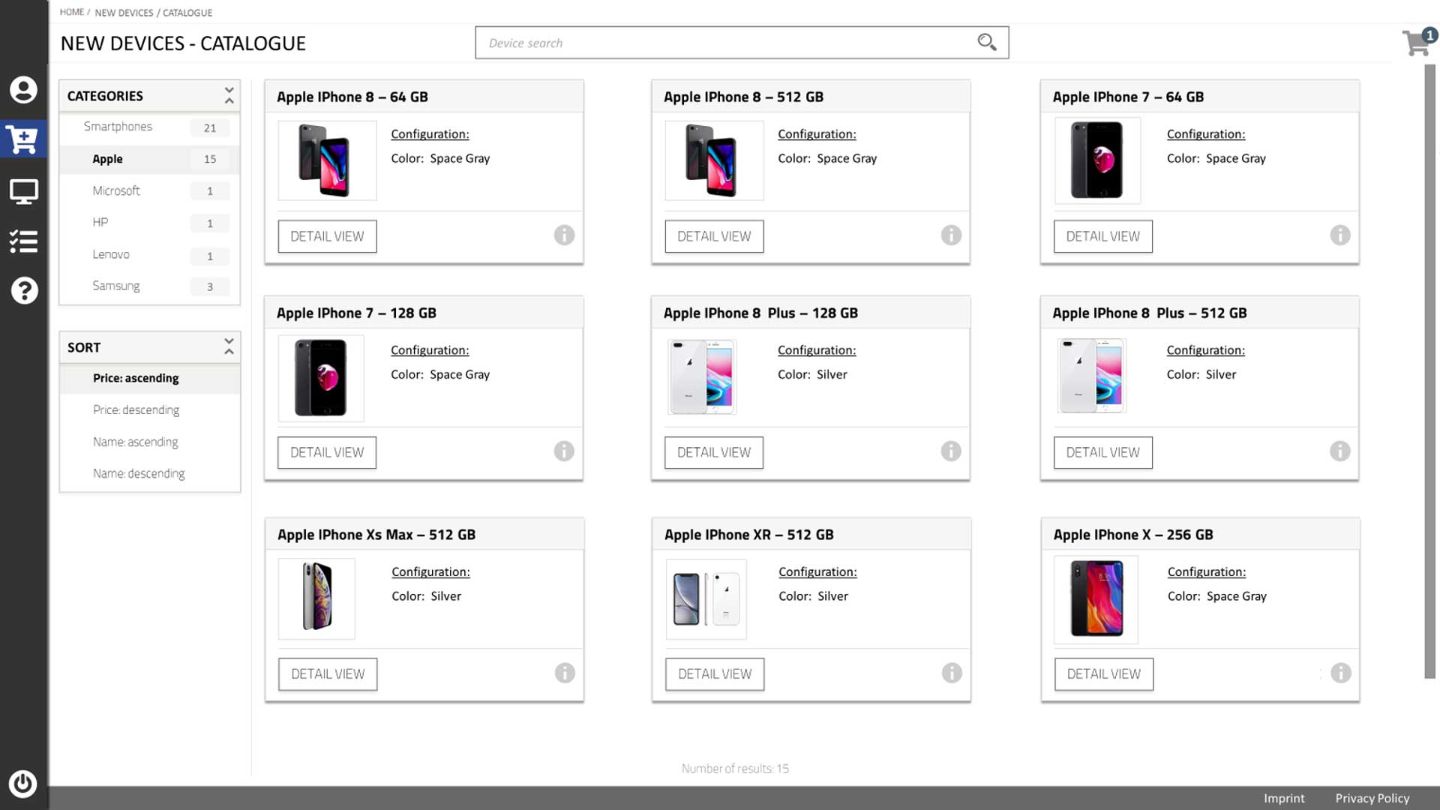Uncomplicated remote working – how to successfully deliver the mobile workplace
Mobile working is right on trend. Employees want maximum flexibility in the choice of work equipment and workplace, as well as in terms of communication and work processes. Meanwhile, employers are facing growing expectations, from providing the latest technology and lean, rapid processes to ensuring absolute freedom in the choice of where to work from. The modern workplace is digital, mobile, and high-tech. So how can companies meet all these expectations?
Providing the technology for secure communications
The first step towards uncomplicated remote working is the technical enablement of the workforce, including the provision of mobile devices. Giving employees a say in the choice of their equipment is an easy way to ensure you meet their hardware requirements as far as possible. Once the equipment has been selected, the next step is to put the appropriate infrastructure in place.
The digital workplace is an environment that provides employees with all the information and processes they need to make their work simple and successful. Cloud-based solutions and choosing the right platforms and collaboration tools play a key role in this. And since employees access company and customer data from a range of devices and locations, the aspect of data security, authentication, and encryption is all the more important.
“Successful digitalization requires more than innovative, technology-based offerings and business processes. The working environment has to fit the bill too.”
Oliver Schorer, CIO der CHG-MERIDIAN AG
Getting the workforce on board is crucial
Providing the latest technology and an appropriate digital working environment is only one side of the coin. The digital transformation brings with it a multitude of new challenges for the individual. Familiar processes and structures are cast aside, and new skills must be learned. Employees must not only be able to use these new technologies but must actively want to. This requires employers to set an example by embracing digitalization and to use suitable means to prepare the workforce for the change. E-learning portals and the gamification of professional development processes can be helpful tools in this scenario.
It is also important to involve the employees in the design of the digital workplace and to openly communicate its advantages and the project schedule.
A self-service portal is a key tool in the delivery and administration of the digital workplace
Introducing a self-service portal is another – in many respects important – tool for delivering the digital workplace. It can create a positive user experience for the workforce, as young employees, in particular, want to have a say in which tools and devices they work with. And they expect the uncomplicated and user-friendly order processes they are used to from large online retailers. Launching a self-service portal also has significant benefits for the employer. Optimized procurement processes reduce the burden on the IT, procurement, and HR departments, as approval, rollout, rollback, and the replacement of defective assets are fully automated. An invaluable tool in meeting the administrative challenges of the digital workplace.
INCREASE PRODUCTIVITY:
25 %
more employee productivity and motivation by working independent of location
REDUCE OPERATING COSTS:
20 %
savings through consolidation and standardization of processes, residual value calculations and cost transparency
INCREASE AGILITY:
75 %
shorter deployment times through self-service models, automation, vendor independence and decoupling of device and contract


